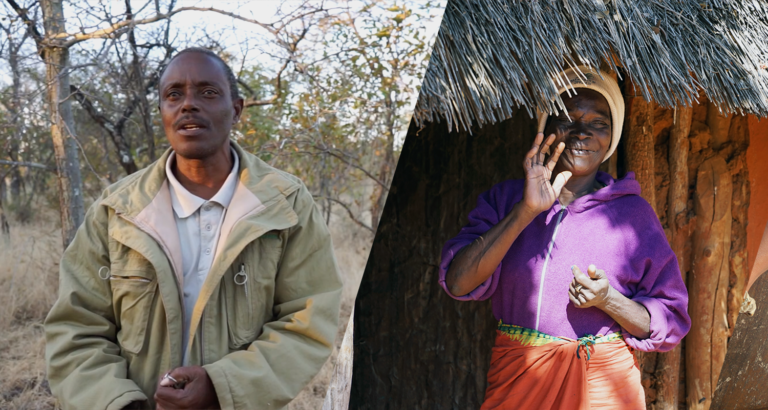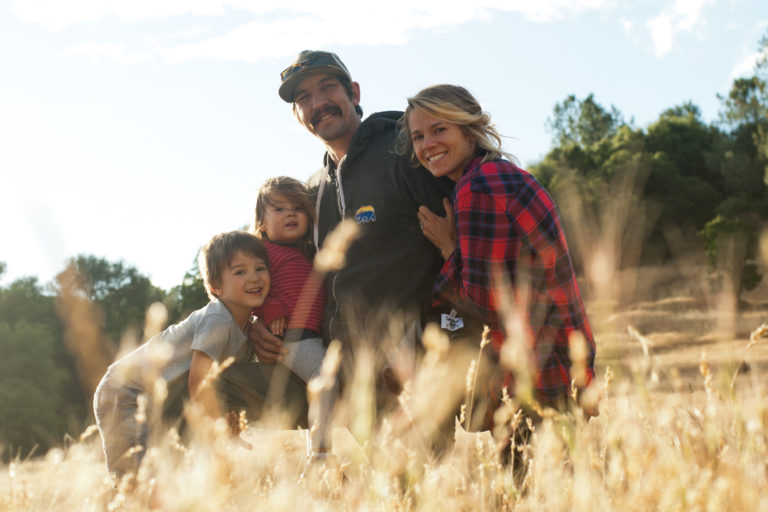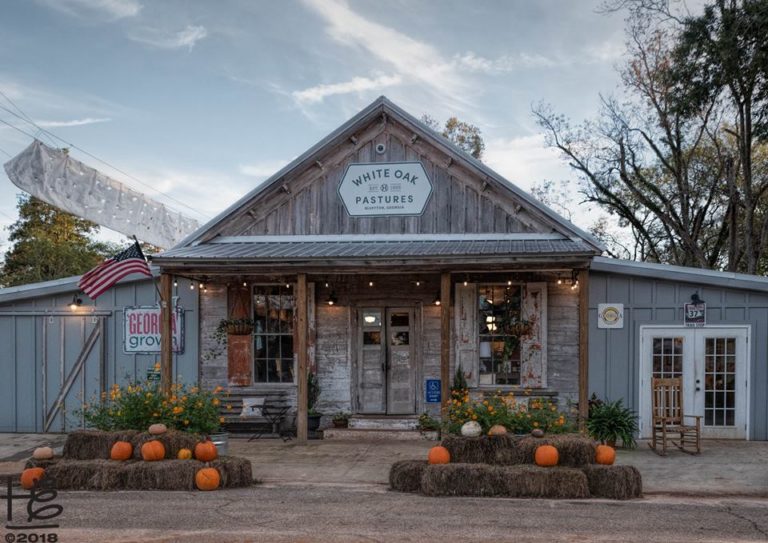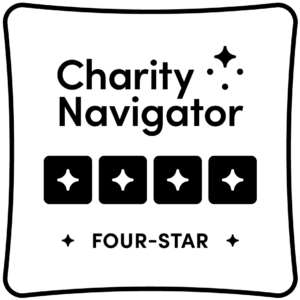By Byron Shelton
In October 2015 Savory Institute provided eight days of training in Holistic Management to a rural village in the Myaing township northwest of Pakokku in central Myanmar. ADRA Myanmar (Adventist Development and Relief Agency) and ADRA Australia supported and sponsored the training.
The central area of Myanmar is referred to as the dry zone. The area leans brittle receiving seasonal rainfall of 30-35 inches, which has been decreasing over the years, as opposed to more regular 100 plus inches of rain in other parts of the country. Most of the land is held in small land-holdings and farmed with a combination of oxen and human labor with a minimum of small equipment. The major livestock are cattle and goats.

Food insecurity through deteriorating resources is high because of poor cropping methods and overgrazing of livestock. The land is severely capped with highly ineffective rainfall, poor mineral cycling, loss of biodiversity, and poor energy flow. There are many sand rivers showing evidence of land not retaining water. Many people need to move from the land to the cities of Myanmar or surrounding countries to make a living.
The training provided in Holistic Management will begin to address this crisis by providing solutions to improving the resources through more effective ecosystem processes management and improving the financial and social climate through more informed decision-making by all involved.
Prior to the training provided by Savory Institute’s Senior Program Director Byron Shelton, some of ADRA’s staff completed the first online course, held a three-day pre-training for the village on some of the ecological foundations of Holistic Management, and translated handouts and holistic management forms into Burmese.
Represented in the training were over twenty individuals including village elders, landowners, livestock owners, and farmers. Local government officials from the livestock, farming, and forestry departments participated in the training as well as staff from ADRA. A special thanks goes to ADRA’s Aung Bo Bo Htay for prior study of Holistic Management and translation during the training.
The participants worked through all aspects of Holistic Management. They learned the foundations of Holistic Management including key environmental insights in managing land, how to read the land through the ecosystem processes, and how the tools they use affect the land in their degree of brittleness. They learned how to manage holistically by defining the whole they were managing, developing the holistic context they would operate within, and learning to use context/filter questions for improved decision-making.
They designed a Holistic Land Plan for their 600 acres of land; created a Non-growing Season Grazing Plan through Holistic Planned Grazing including combining 35 herds of livestock and learning the importance of combining livestock and cropland; did baseline Basic and Comprehensive Ecological Monitoring; and began Holistic Financial Planning for their own families.

The village members and government officials expressed much gratitude for a process to assist them in addressing their needs. Savory Institute is excited to see the village, with ADRA’s continuing support, move forward as individuals work individually and together in improving the resources, and therefore families, and village. The village desires to become a role model to encourage surrounding villages.
